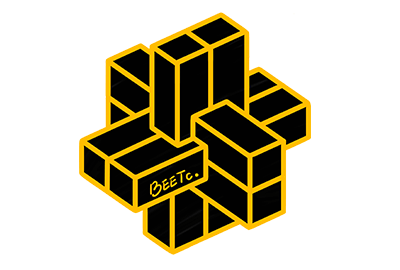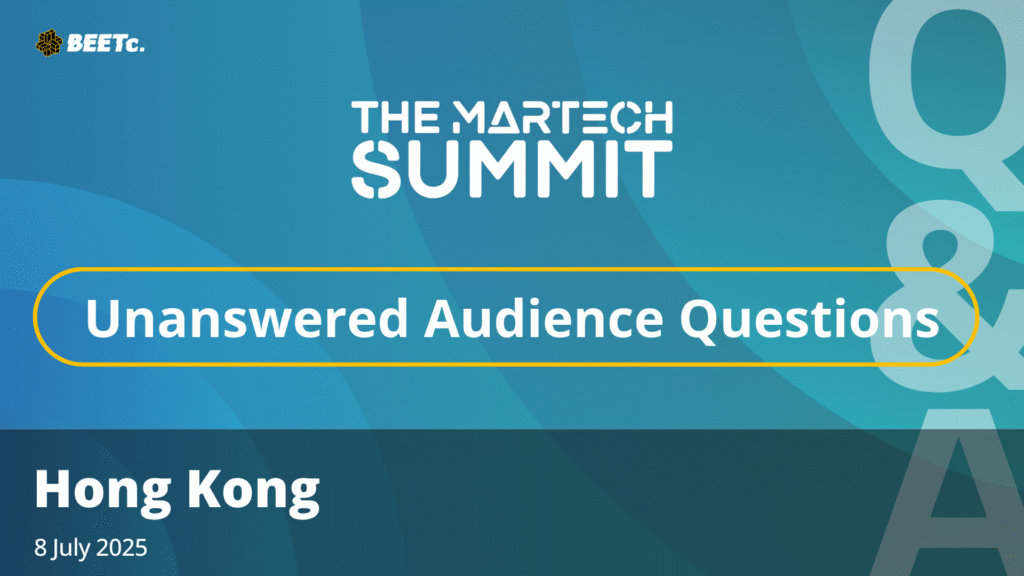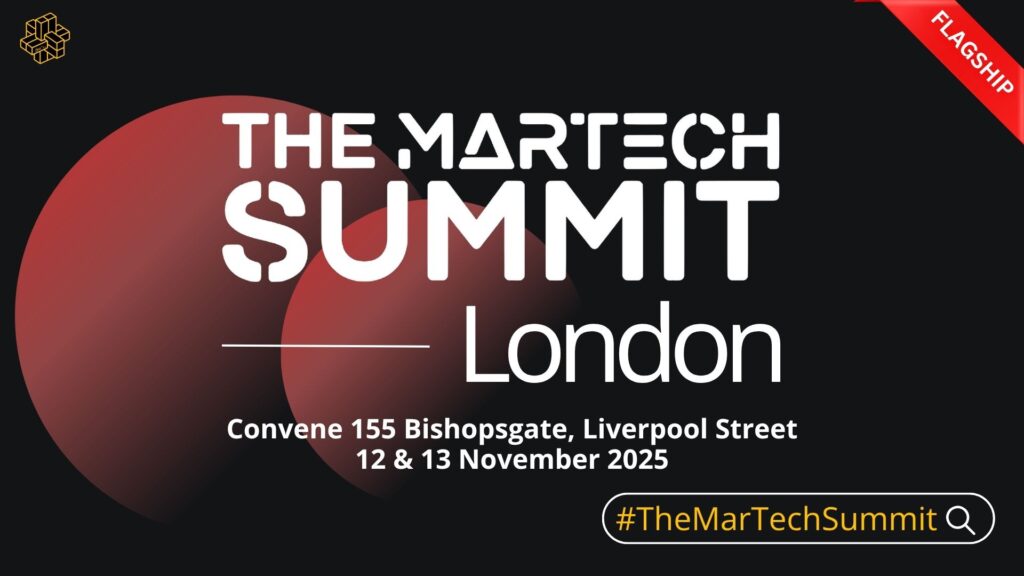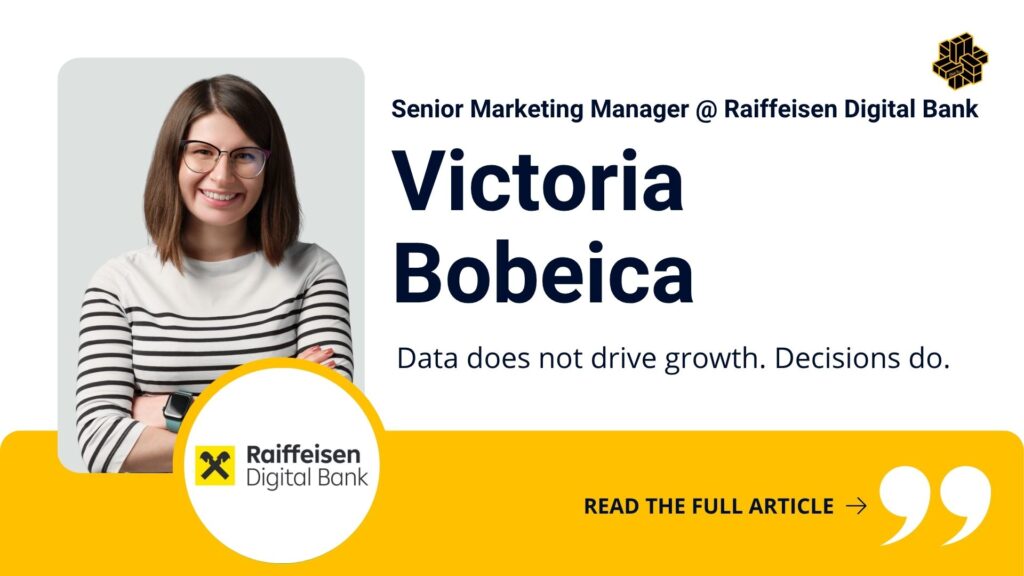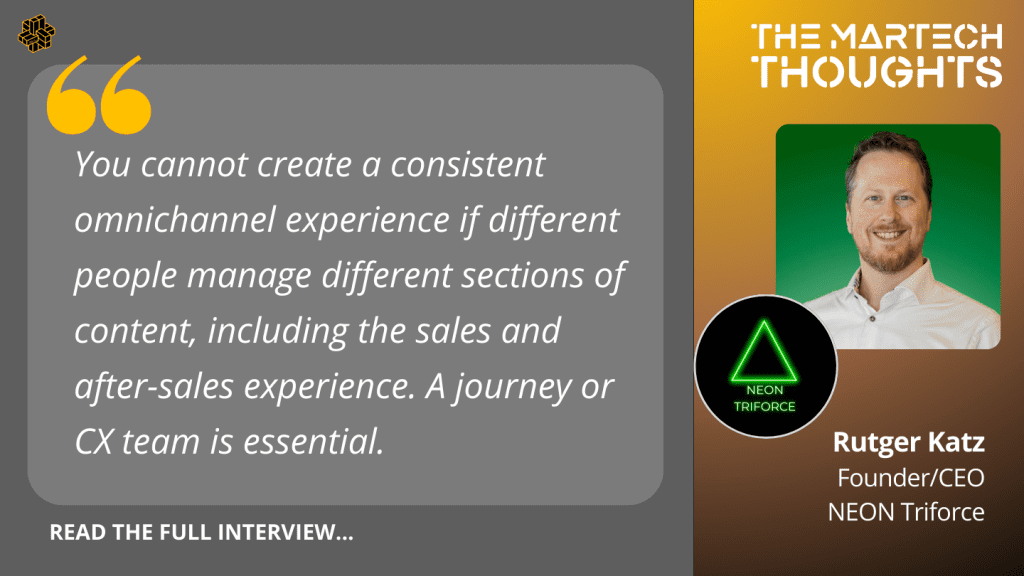
Welcome Rutger Katz, Founder/CEO of NEON Triforce, discusses AI, Marketing Tech, and the Key Strategies for Seamless Collaboration as part of the MarTech Thoughts series.
How do you describe your job to a 5-year-old?
I work with many toy factories, and in each one, there are three important teams:
Marketing comes up with stories to tell all the kids how amazing the toys are.
Sales helps the kids pick which toys they want to take home.
Customer Success shows the kids how to play with the toys and makes sure they love them.
But often, these teams don’t play well together. Marketing makes up new stories but doesn’t tell Sales. Sales can’t sell the toys if they don’t know what’s coming, and Customer Success doesn’t know what toys the kids have.
That’s where I come in. I help everyone talk to each other, share their tools, and work together like one big team. This way, the toys are made faster and sold quicker, and the kids are super happy with their toys!
What is the one marketing platform/app/solution you can’t live without? Why?
Slack. It’s still the best collaboration tool out there that has great integrations and where you can share GIFs easily.
Currently, what are you primarily looking for in your digital marketing efforts? Awareness, engagement, conversion, or retention? Why?
Awareness and engagement. I am tackling an existing problem in a new and innovative way. That requires a lot of problem awareness for my ICPs.
At your organisation, what marketing tasks are suitable for automation, and which tasks still need a human touch? Is there any part of the marketing process that includes AI?
The final touch should still be human. Almost every marketing step can be supported by AI. AI works best in creating drafts, brainstorming, analysing, and pattern recognition (e.g. segmentation). You just need to ensure the data is high quality enough that mistakes don’t creep in.
What are some of the significant changes to your customer outreach and retention strategies? And how has it impacted the growth plan for upcoming years?
Branding is increasingly important to ensure your outreach works. I have seen so many more conversations happen in peer networks, whether it is B2B or B2C. You need branding and excellent customer experience (which improves retention) to be present in these conversations.
How do you see the skillsets needed for the marketing profession changing?
Data skills, GenAI prompting, process and impact awareness, and exploring new tools are the four that are somewhat new but will increase in demand. With the rise of GenAI, there is an explosion of niche tools that can be used to significantly improve steps in the process of branding and demand generation. Since the CMOs are being asked to do more with less, you need to be process-aware of how you can optimise your work using (Gen)AI and new tools, as well as how to ensure the work you do impacts the topline of your organisation.
Please share with us one of the best campaigns you have seen recently or your all-time favourite campaign, and tell us why.
My all-time favourite was a campaign aimed at increasing the average age of a personal care product line. We had to measure if the campaign was successful or not. We could scrape photos off of people who talked about the product on social media before and after the campaign, run those through a face analyser to guess their age, and analyse the results. We could prove the campaign was successful.
What will be the next evolution in marketing technology that we can expect in the coming years?
Features as a Service. Platforms will be smaller and smaller in feature scope. Integrations will be AI-led and interfaces will become chat/voice powered. Stacks might increase in the amount of applications, but in total will be leaner in features/capabilities. We will no longer need to deal with paying for features or licenses we do not use.
What are the key challenges when implementing new technologies or platforms for the first time in your company, and do you have any suggestions for making the process smoother?
Link your platforms and SaaS with your strategy. Too often, platforms are pulled in when the capability they cover is already in high demand. By forecasting the capabilities you want in the future, you can predetermine and plan out your technology stack.
With the advancement of AR & VR, how do you see these being utilised in Digital Storytelling?
Besides early adopters and some gamers, we aren’t seeing a good adoption of AR and VR yet. Only once a good population consistently uses AR/VR can we utilise it for digital storytelling. The key is not to be invasive and irritating. Something that can happen easily. Be entertaining, refreshing, unconventional, and fun.
What challenges do you see in processing data coming from different sources? How to overcome?
Different sources have different formats or small variations in naming conventions that require some matching and fixing. Interpretation of this data will be made easier and easier as AI progresses, but we are not there yet.
What are your views on having a single stack? (e.g. Google or Adobe vs a mix of best stacks for each function)
I would suggest single stacks like Adobe/Salesforce for immature and not data-savvy organisations. They are yet unable or don’t have the specialised teams (Marketing Operations) to manage integrations and all the platforms themselves to such a degree that they can benefit from having multiple best-in-breed platforms.
As you become more and more mature and data savvy, you can start transitioning certain capabilities to a best-in-breed platform. But I would save the “core” of the stack, often the CDP/MAP/CRM for last, due to the impact and effort such a migration has.
For mature organisations, I always suggest a best-in-breed strategy because those vendors are able to leverage the latest innovations that you cannot find in suites. Smaller vendors are just leaner, quicker, and more innovative than suites can be.
How do you balance experimenting with new technologies vs investing in current technologies that you already utilise?
The business case comes first and ignore any sunken cost fallacy as much as possible. If investing in a current platform is equally expensive as integrating a new one with improved features/capabilities, I would always go for a new one. Yes, there is a cost in migrating and reskilling, but this should be part of the business, even for enterprises.
What are the top 3 things in your checklist when choosing the right influencer to work with?
ROAS from previous campaigns (indicators of how well their followers listen to the influencer), commitment to the brand (honest enthusiasm) and price.
How do you connect, engage and build a persistent relationship with your customers? Is the omnichannel experience consistent?
You cannot create a consistent omnichannel experience if different people manage different sections of content, including the sales and after-sales experience. You need a journey or CX team that ensures the customer gains a consistent experience all the way through.
What’s the best advice someone has ever given you?
Start networking with peers and work on your personal brand. You have no idea what the value and return on effort is from both. I started networking about 8 months ago, and it led to a new job, my first clients, podcast invites, and a lot more.
Any fun facts about yourself that you want to share?
I adopt other people’s accents whilst speaking English as it is not my native language. But I always switch to Scottish while imbibed…
Are there any questions you’d like to ask to other MarTech enthusiasts?
How much easier would your life be if vendors were actually honest and transparent about their products’ capabilities and pricing?
A big thank you to Rutger Katz, Founder/CEO of NEON Triforce, he shares his expert insights on AI, Marketing Tech, and the Key Strategies for Seamless Collaboration. If you want to connect with Rutger, feel free to reach out via LinkedIn!
See more MarTech Thoughts interview pieces here!
Last updated: September 2024
